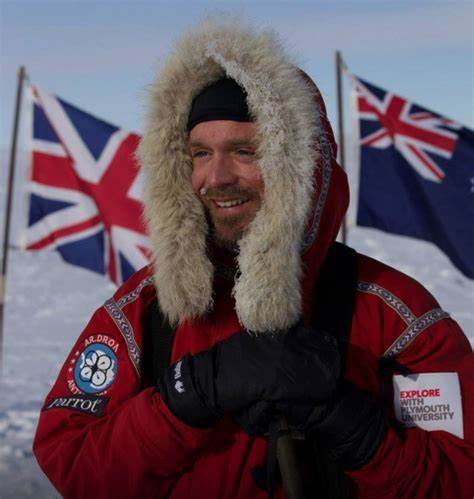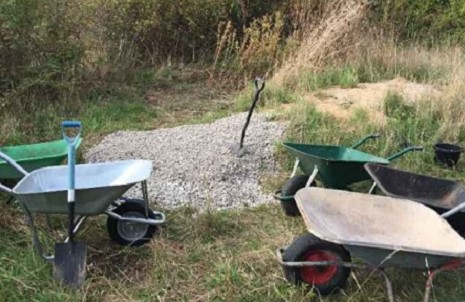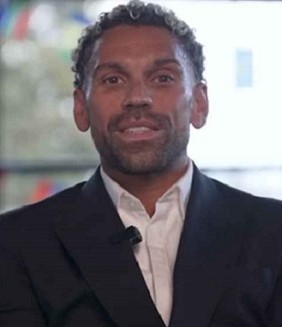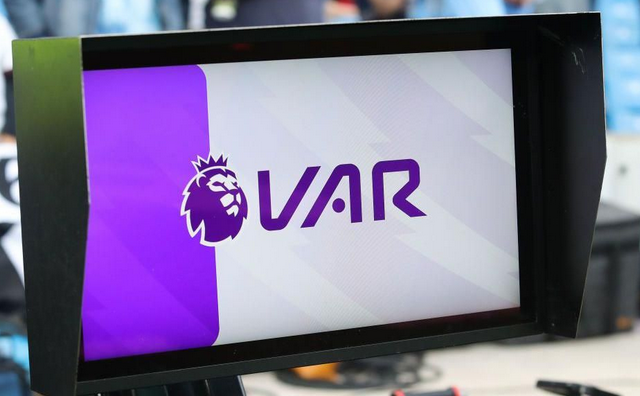Recent surveys have revealed that many ECRs feel they lack sufficient knowledge and experience to conduct safe fieldwork expeditions to the polar regions. Furthermore, they face limited opportunities to join established scientific programs on polar research ships or bases. The Clean Planet Peninsula project seeks to address these issues by offering cost-effective training both in the UK and in the polar regions through a series of courses, remote fieldwork camps, and future expeditions.
A key focus of the Clean Planet Peninsula project is to emphasise the importance of understanding the scale of plastic pollution and climate change impacts on the polar regions and the broader implications this has on nature and humanity. Rapidly melting ice caps, caused by increasing global temperatures, have resulted in rising sea levels, threatening coastal communities worldwide.
Furthermore, microplastics have been discovered in polar ice samples, indicating the far-reaching consequences of human-generated pollution. This project will provide participants with hands-on experience in studying these environmental challenges, enabling them to contribute valuable data to the scientific community and inform global conservation efforts.
The Clean Planet Peninsula project is actively seeking PhD research students and early career polar researchers who have projects or scientific studies that would benefit from participating in the various planned trips. Interested researchers are encouraged to submit their proposals for consideration, as this unique opportunity offers unparalleled access to the Arctic and Antarctic regions for conducting their vital research.
During the summer of 2023, the project will conduct its first polar training course in the UK, followed by further opportunities to train in real Arctic conditions in Scandinavia. Participants will then have the chance to plan and conduct their own remote research and science expeditions to both Greenland and the Antarctic Peninsula.
The training and expeditions are to be funded by the Clean Planet Foundation, led by Antony Jinman Ed.D and supported by the UK Polar Network. Applications open May 1st 2023 and the first batch closes on May 30th 2023, with later applications still accepted for future training and expeditions.
Antony Jinman Ed.D, polar explorer, expressed his enthusiasm for the project: “This is an exciting opportunity to help share knowledge and develop fieldwork skills for young polar scientists, so that they can enrich their own experience and further career opportunities.”
Dr. Katerina Garayfalou from the Clean Planet Foundation also shared her thoughts: "The Clean Planet Peninsula project represents a vital step towards empowering the next generation of polar scientists to tackle the urgent environmental challenges faced by our planet. By equipping these researchers with the skills, knowledge, and experience they need to conduct effective fieldwork, we are not only investing in their future careers but also in the future of the polar regions and our global ecosystem."
Chloe Nunn, co-president of the UK polar Network, added, “The UK Polar Network’s mission is to support early career polar researchers and engage broad audiences on topics concerning polar science. This training opportunity helps achieve this mission and the Network is thrilled that following a hiatus on in person training during covid lockdowns, we are now able to offer this opportunity to our members, peers, and colleagues.”











